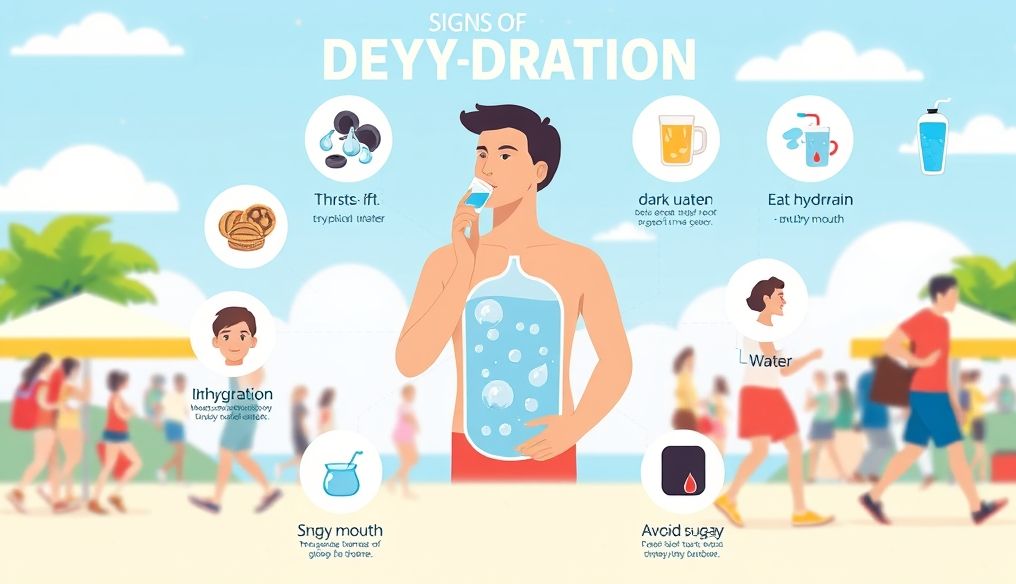Is Intermittent Fasting Really Effective for Weight Loss? What are the Risks and Benefits?
Intermittent fasting (IF) is an eating pattern that cycles between periods of eating and voluntary fasting on a regular schedule. Intermittent fasting doesn't specify *which* foods you should eat, but rather *when* you should eat them. It has gained significant popularity in recent years, especially among individuals seeking weight loss and improved overall health.
What is Intermittent Fasting and How Does it Work?
Intermittent fasting is not a diet in the traditional sense, but rather an eating schedule. There are several ways to implement intermittent fasting, but all involve dividing the day or week into eating periods and fasting periods.
How Intermittent Fasting Works
When you eat, your body breaks down food and converts it into glucose (sugar) used as energy. If there is excess glucose, it is stored in the liver and muscles as glycogen. When you fast, your body starts using stored glycogen for energy. After the glycogen is depleted, the body starts burning fat for energy, a process known as ketosis.
Most Common Types of Intermittent Fasting
There are several ways to implement intermittent fasting, each with a different schedule. Here are some of the most common types:
- The 16/8 Method: This method involves fasting for 16 hours and eating during an 8-hour window. For example, you could eat your first meal at 12 PM and your last meal at 8 PM.
- The 5:2 Diet: This method involves eating normally for 5 days of the week and reducing calorie intake to around 500-600 calories on the other 2 days.
- Eat-Stop-Eat: This method involves fasting for 24 hours once or twice a week.
- Alternate-Day Fasting: This method involves fasting every other day, with very little calorie intake on fasting days (around 500 calories).
Potential Benefits of Intermittent Fasting
In addition to weight loss, intermittent fasting may offer several other health benefits:
- Improved Insulin Sensitivity: Intermittent fasting can help improve insulin sensitivity, reducing the risk of type 2 diabetes.
- Improved Heart Health: Intermittent fasting may help lower blood pressure, LDL (bad) cholesterol levels, and triglycerides, reducing the risk of heart disease.
- Improved Brain Function: Some studies suggest that intermittent fasting may improve brain function and protect against neurodegenerative diseases like Alzheimer's and Parkinson's disease.
- Reduced Inflammation: Intermittent fasting can help reduce chronic inflammation in the body, which is linked to many chronic diseases.
- Increased Longevity: Animal studies have shown that intermittent fasting may extend lifespan.
Is Intermittent Fasting Really Effective for Weight Loss?
Yes, intermittent fasting can be effective for weight loss. It works by reducing the overall number of calories you consume, as you have less time to eat. Additionally, intermittent fasting can help increase fat burning by stimulating ketosis.
However, it's important to remember that intermittent fasting is not a magic bullet for weight loss. To be successful, you must also follow a healthy, balanced diet and exercise regularly.
Potential Risks and Side Effects of Intermittent Fasting
While intermittent fasting is generally safe for most people, it may cause some side effects, especially when starting:
- Hunger: You may feel very hungry during fasting periods.
- Fatigue: You may feel tired and weak, especially in the first few days.
- Headaches: You may experience headaches due to low blood sugar levels.
- Constipation: You may experience constipation due to reduced fiber intake.
- Irritability: You may feel irritable and easily frustrated.
In addition, intermittent fasting is not recommended for some people, including:
- Pregnant and breastfeeding women
- People with eating disorders
- People with type 1 diabetes
- People taking certain medications
Tips for Successfully Implementing Intermittent Fasting
If you are considering trying intermittent fasting, here are some tips that may help you succeed:
- Start Slowly: Don't try to fast for too long at first. Start with shorter fasting periods and gradually increase them.
- Drink Plenty of Water: Stay hydrated by drinking plenty of water during fasting periods.
- Eat Healthy, Balanced Meals: Focus on eating nutrient-rich foods during eating periods.
- Listen to Your Body: If you feel unwell, stop fasting and consult your doctor.
- Be Patient: It may take some time for your body to adjust to intermittent fasting. Don't get discouraged if you don't see immediate results.
Intermittent Fasting and a Healthy Lifestyle
Intermittent fasting is not just a diet, but a lifestyle. To be successful in the long term, you must combine it with other healthy habits, such as:
- Regular Exercise: Exercise helps burn calories and build muscle.
- Adequate Sleep: Adequate sleep helps regulate hormones and reduce stress.
- Stress Management: Stress can lead to weight gain. Try to find healthy ways to manage stress, such as practicing yoga or meditation.
Conclusion
Intermittent fasting can be an effective tool for weight loss and improved health. However, it is important to understand the potential risks and side effects and to implement intermittent fasting correctly. If you are considering trying intermittent fasting, consult your doctor first to make sure it is safe for you.
Remember: There is no one-size-fits-all solution. What works for one person may not work for another. Find the eating pattern and lifestyle that suits you and stick to it.
References:
- de Cabo, R., & Mattson, M. P. (2019). Effects of intermittent fasting on health, aging, and disease. *New England Journal of Medicine, 381*(26), 2541-2551.
- Varady, K. A. (2011). Intermittent versus daily calorie restriction: which diet regimen is more effective for weight loss?. *Obesity Reviews, 12*(7), e593-e601.




